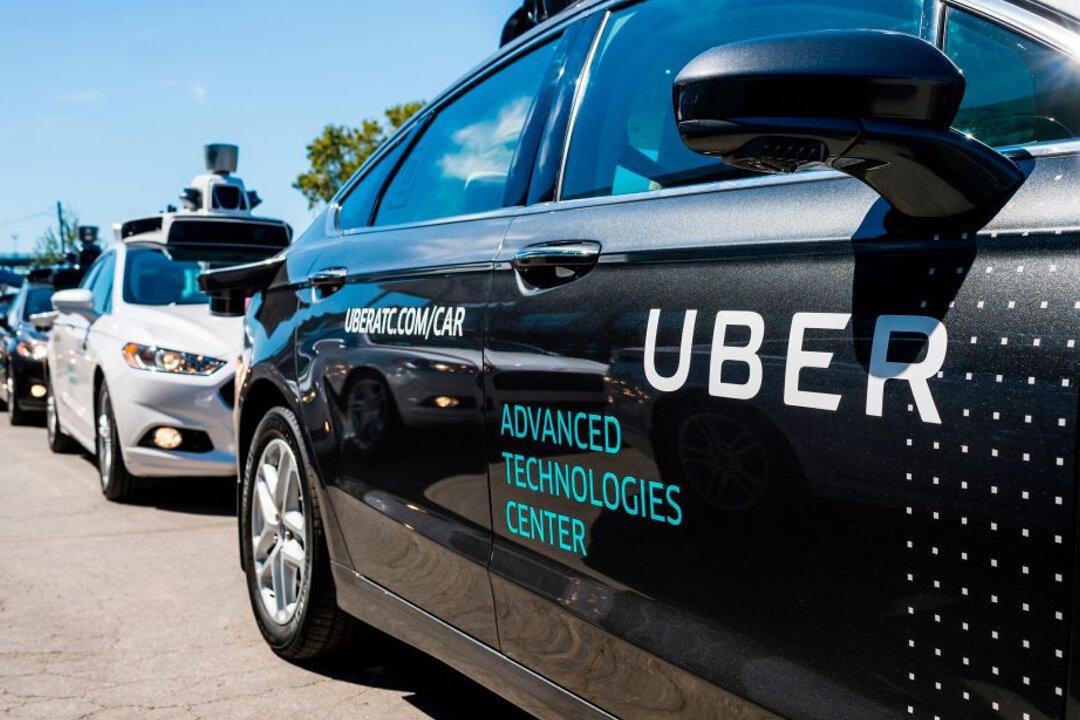Commentary
The days of Americans working 9 to 5, Monday through Friday, in a cradle-to-grave job are all but over. That’s not hype; it’s just the direction the economy is going.

The days of Americans working 9 to 5, Monday through Friday, in a cradle-to-grave job are all but over. That’s not hype; it’s just the direction the economy is going.